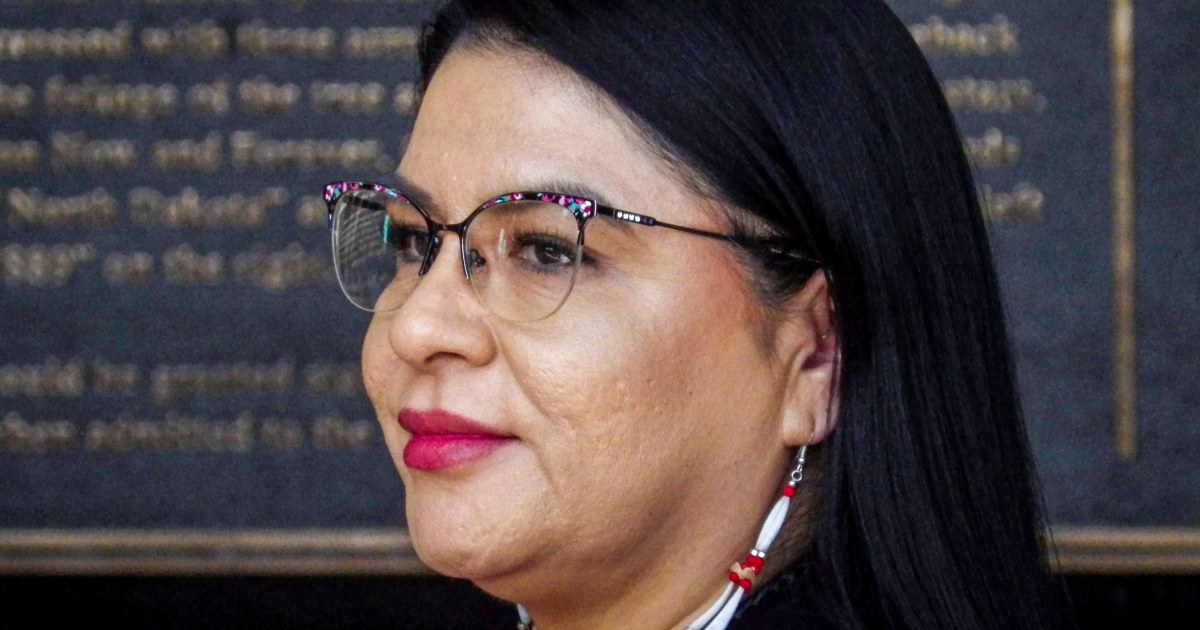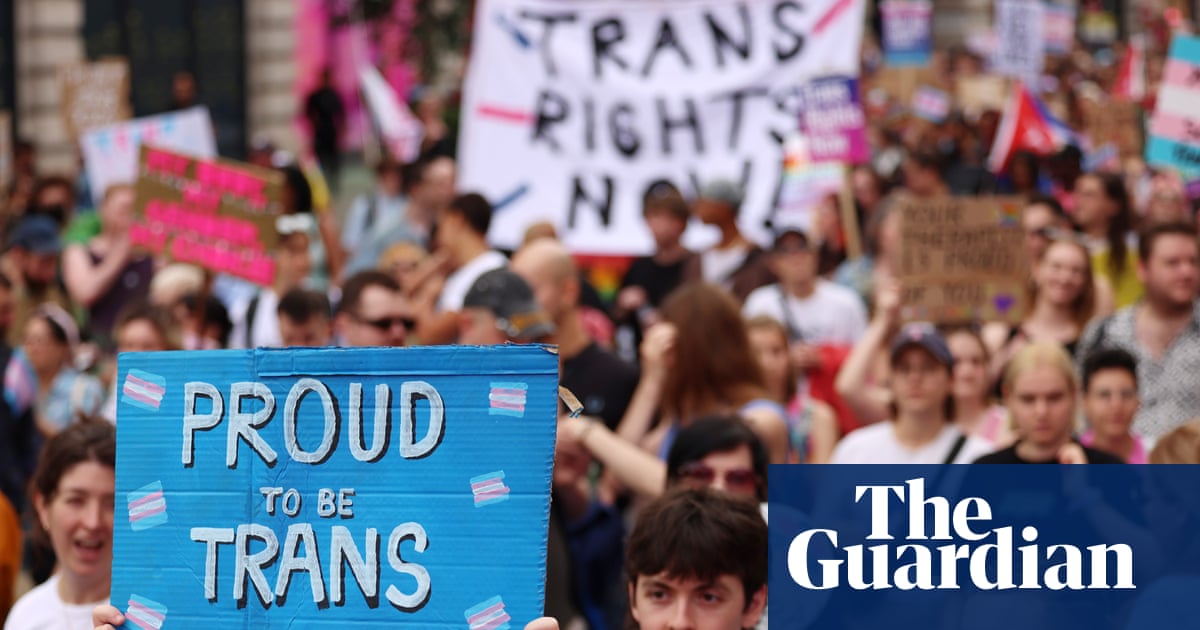T4K3.news
Supreme Court blocks ruling that could harm Voting Rights Act
The Supreme Court has halted an appeals ruling affecting key protections for minority voters.

The Supreme Court's recent decision safeguards critical provisions of the Voting Rights Act for minority voters.
Supreme Court preserves key protections of the Voting Rights Act
The Supreme Court has ruled to block an appeals court decision that could have weakened the Voting Rights Act. This development follows a challenge from Native American tribes regarding a North Dakota legislative map. The ruling, temporarily announced by Justice Brett Kavanaugh, pauses a decision from the 8th U.S. Circuit Court of Appeals, which asserted that private parties could not enforce Section 2 of the voting law. Such a ruling would limit the ability of minority groups to represent their interests in court without federal intervention. The case centers on allegations that the redistricting map diluted Native American voting power by drawing districts that undermined their electoral strength. The tribes argued that the current map was designed to suppress their votes and that previous judicial support had already benefited minority candidates. While the Supreme Court's latest action maintains the status quo, further litigation in lower courts is expected, indicating potential future conflicts over voter representation.
Key Takeaways
"This ruling preserves critical protections for minority voters."
The Supreme Court's decision reinforces the importance of the Voting Rights Act.
"The appeals court ruling suggested only the federal government could bring claims under Section 2."
This legal interpretation would greatly limit enforcement capacity for private groups and individuals.
"If the Supreme Court did not block the ruling, it would have affected Collette Brown's election status."
This scenario illustrates the direct impact of the ruling on elected representatives from minority groups.
"We must ensure that courts continue to recognize the rights of private plaintiffs."
The Attorney General acknowledged that the issue has not been adequately addressed in previous court interpretations.
This ruling highlights the ongoing tension between state legislative practices and federal protections for minority voters. By staving off the potentially harmful appeals court ruling, the Supreme Court has made it clear that it may not fully endorse interpretations that limit the enforcement of the Voting Rights Act. The judicial body's decision to intervene maintains the balance of power, suggesting that the federal government remains a key player in safeguarding voting rights. However, the dissent from some justices indicates that future battles over the voting rights framework may be inevitable. As political strategies continue to evolve, the implications of this case may impact voter representation significantly going forward.
Highlights
- Voting rights remain a crucial element of democracy today.
- The balance of power in voting is still up for debate.
- This case underscores the fragility of electoral protections.
- The fight for representation is far from over.
Potential political backlash from alleged voter suppression
The ruling has raised concerns about ongoing debates over voting rights and legislative redistricting, potentially leading to public outcry from various advocacy groups.
This ruling may set the stage for significant changes in future voting rights cases.
Enjoyed this? Let your friends know!
Related News

Supreme Court halts ruling on Voting Rights Act protections

Supreme Court to review age verification laws affecting Pornhub access

Texas Governor Abbott blocks release of Musk emails

UK Enforces Mandatory Age Verification Online

Supreme Court to hear Texas law on porn site age verification

London Trans+ Pride 2025 attracts record attendance

Court reviews legality of ICE operations in California

Daughter of murder victim speaks on controversial deportation
